France’s Harshest Island
Over the past decade, one family has dedicated their lives to building a farm on a desolate island off the northwest coast of France. Quéménès isn’t exactly the first place you would think to call home, as its harsh terrain is far from welcoming.
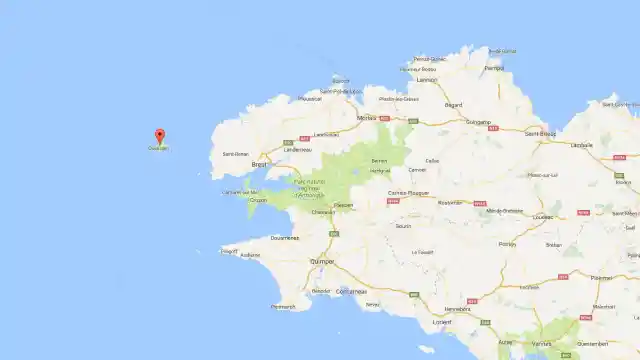
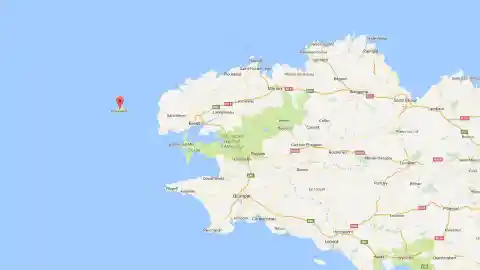
The challenge didn’t scare off this ambitious family, it intrigued them. After all their hard work, it’s finally starting to pay off. Luckily, we get an inside look.
Cuisnier Family
David and Soizic Cuisnier decided they were going to live a different type of lifestyle, one that was going to take a lot of work, but hopefully also have a lot of rewards.
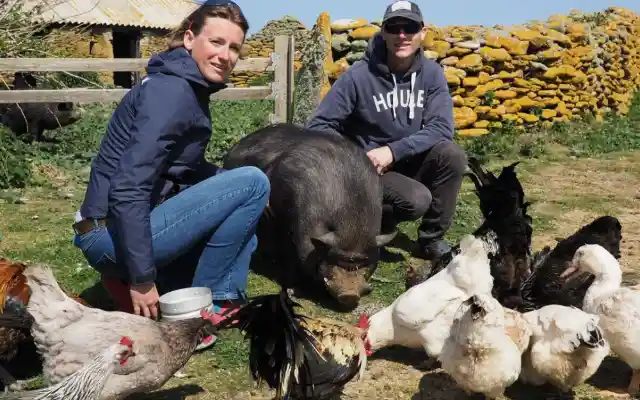
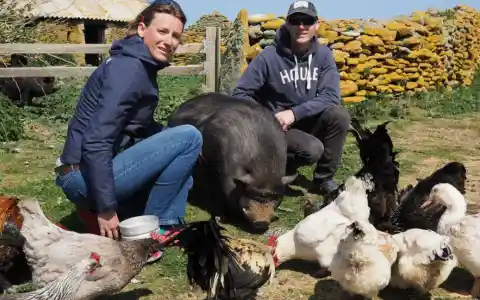
Their two kids were about to experience a once in a lifetime opportunity, gaining an interesting perspective at a young age.
An Amazing Experience
The family had an amazing experience on the island, building an entire life out of what seemed to be nothing. David shared his experience with BBC, “Coming here was an act of glorious folly.
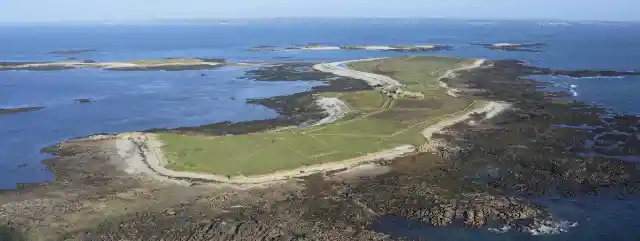
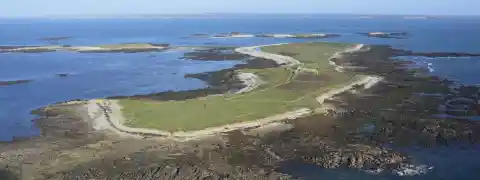
But it turned into the most wonderful adventure. We developed the farm into a successful business. We raised a family. It has been unforgettable.” As their incredible journey was about to come to an end, the family deeply reflects on their efforts.
French Law
The French government has an agreement with its citizens that if they can inhabit the island and turn it into a profitable farm, they’re allowed to stay there rent-free.
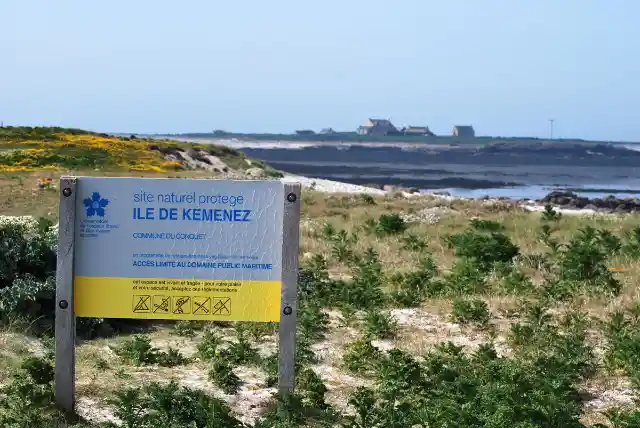
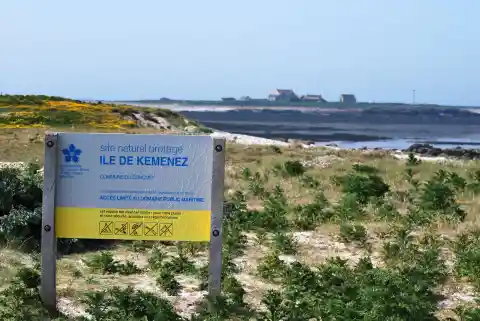
Before the Cuisniers, a farmer named Henri Tassin inhabited the island, growing a profitable seaweed farm. During the time he was there, nearly 30 people called the island home. But that was 25 years ago, and since then, it’s been abandoned.
Coastal Protection Agency
The Coastal Protection Agency runs an add for the island offer every decade, searching for new inhabitants to take over the job. This is how the Cuisner’s initially got the idea of living and working on a farm.
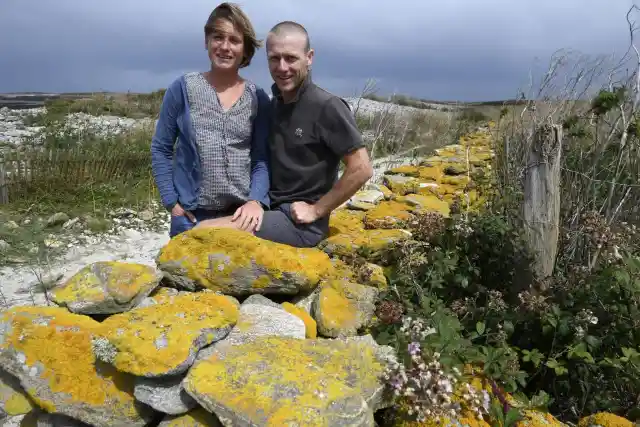
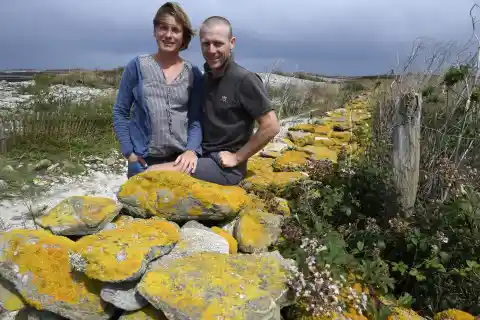
When they got there, they were shocked at the harshness of the environment and the reality of what they had to do hit them and hit them hard.
Hard Work
The couple moved the mile-long island in 2007. When they first got there, they accompanied by only seabirds and seals.
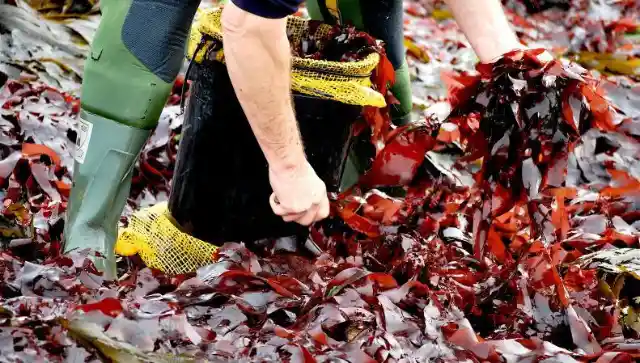
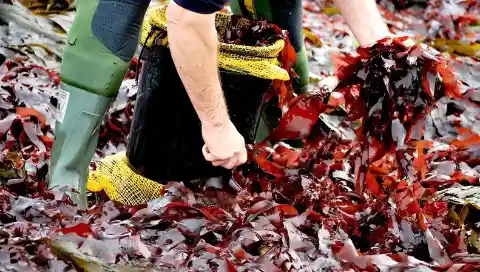
There was no running water and no electricity and they knew they needed to start there if they were going to really make this work.
Solar Powered Shower
First things first, they had to create some sort of running water to be able to shower off the dirt from their long days filled with intense physical labor.
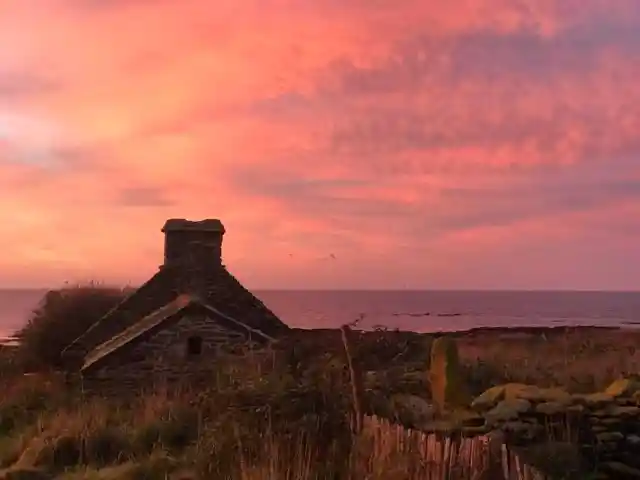
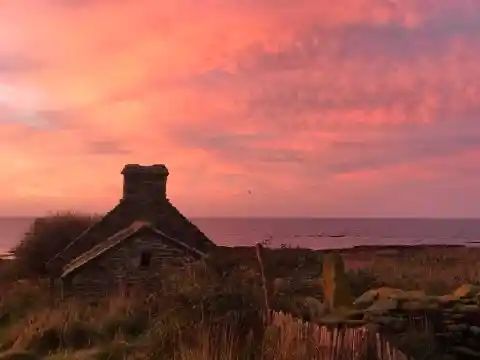
The couple kept a diary during their entire journey, and their first entry described just how hard adapting was, “We opted for solar heating skillfully crafted with 5-liter water cans surrounded by a black trash bag.” However, this shower wasn’t a permanent solution.
Solving Problems
Although their solar-powered shower worked for some of the warmer months, it proved harder during the harsher season.
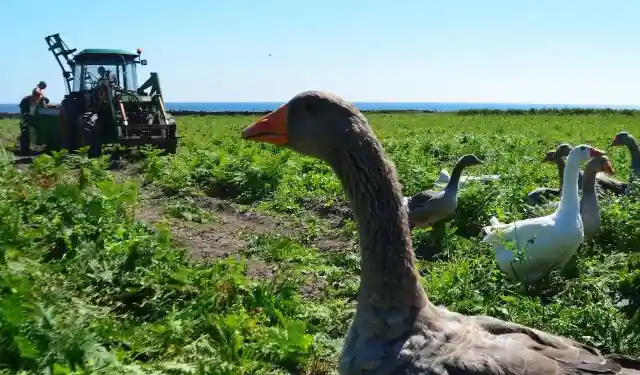
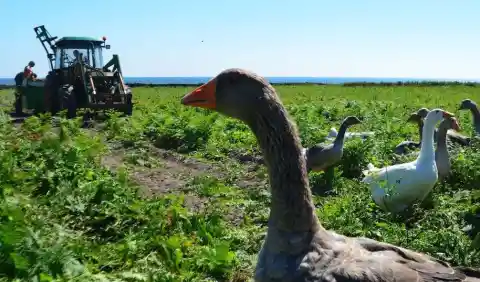
“In April the sun cannot heat a can of 5 liters of water, even cleverly placed in a black bag.” Although, the shower turned out to be the least of their worries.
Harsh Storms
There are harsh storms that take over the island for weeks at a time, making outdoor work extremely difficult. Wind blasts the rocky island from the Brenton coast.
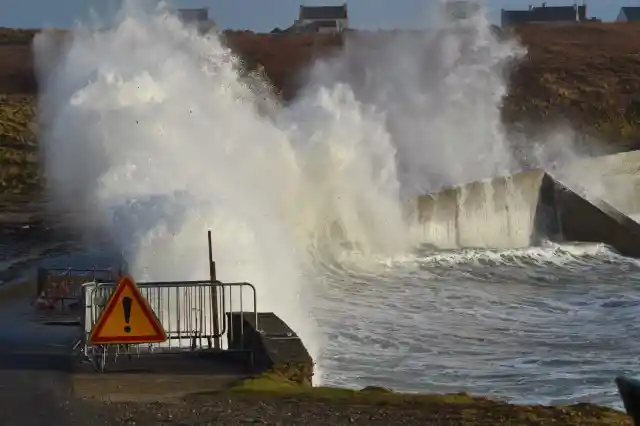
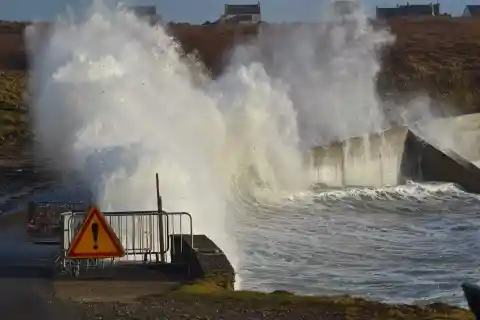
Rabbits are one of the few animals that inhabit the island, and they’re always hungry. Every time they would try and plant something, the moment it would break ground, the rabbits would ravish it. They were going to have to get creative if they were going to make it work.
Setbacks
Reflecting back on the trials and errors, David told BBC, “One year we lost a whole potato crop because of rabbits.”
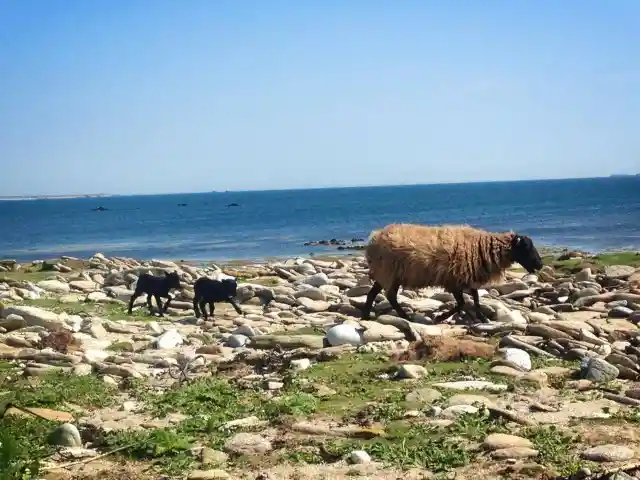
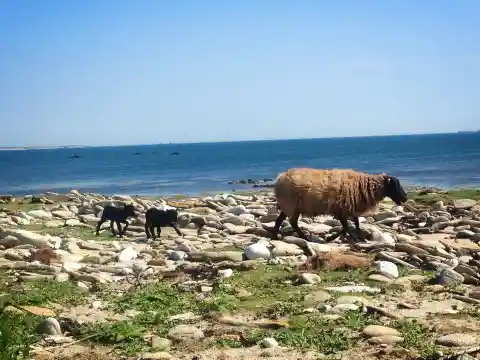
Luckily, they learned how to come back from what normally would seem like devastating setbacks, “But luckily we’d diversified with other activities, so we just got on with it, and eventually the hard time passes. Just like in winter, when there is bad weather, you stay warm by the fire till it’s over.”
Salt Storms
Unique to islands like Quéménès have unique storms, similar to sandstorms of the desert. Instead of sand, salt batters the island after being pulled up from the surrounding sea.
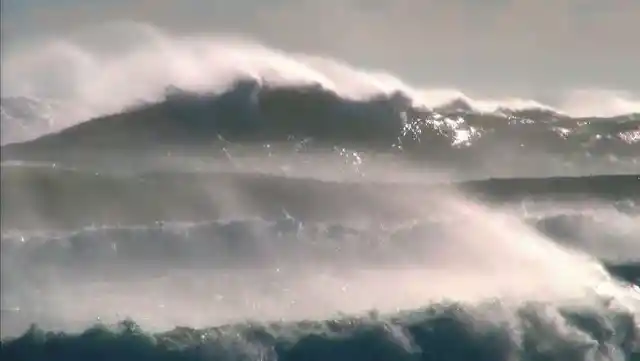
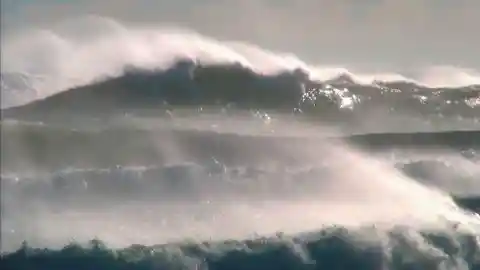
Gale force winds make these storms incredibly painful and blinding, making farming during these times almost impossible. In 2014, the couple experienced one of the worst salt fogs the island had seen in years.
A Horrific Discovery
A year after the couple moved to the island, a vicious winter storm had engulfed the island. When it finally died down, they decided to take a walk on the beach.
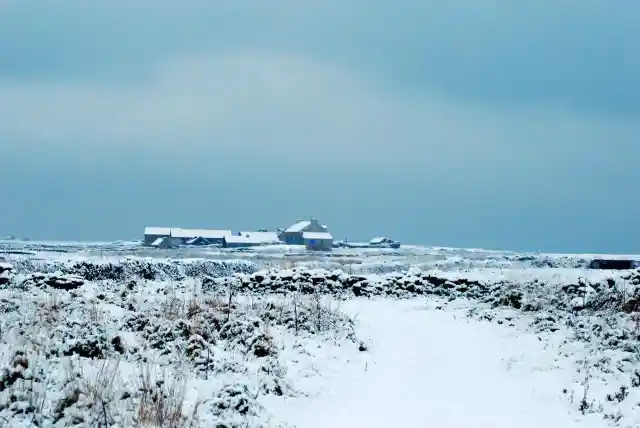
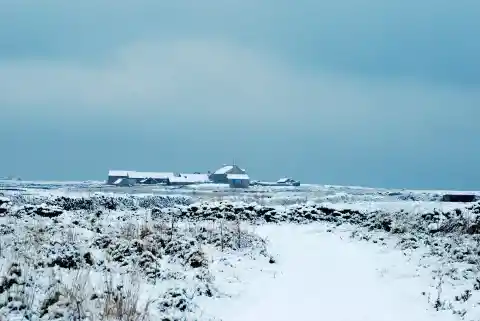
To their surprise, they discovered something horrific on the beach. They weren’t sure what it was until they got closer, and when they realized the gruesome nature of what they had just seen, they weren’t sure what to think.
Skulls
The harsh winds had uncovered human skulls, buried beneath the sand and snow. In total, there were four skulls, most likely from years earlier.
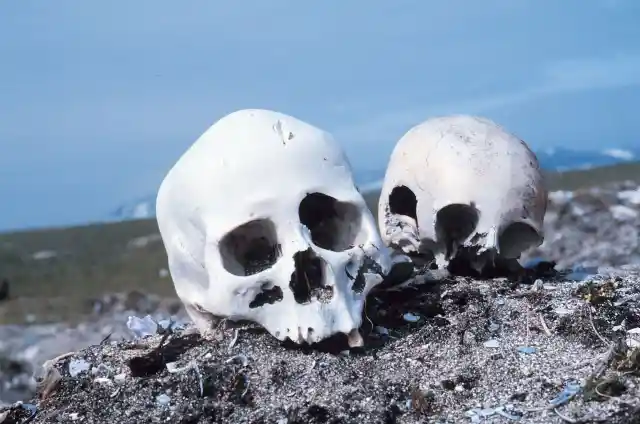
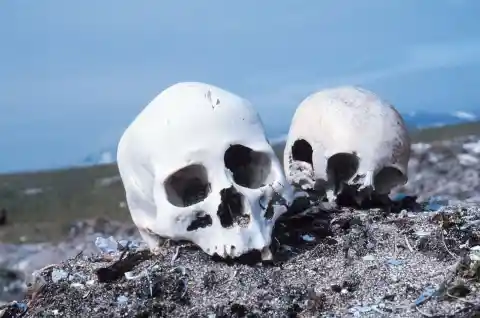
Sailors had most likely fallen prey to the harsh storms and waves notorious to the area. They couldn’t help but feel the reality of just how harsh this area could be.
An Emergency
The couple also had an emergency situation, when Soizic accidentally sliced off her fingertip. Due to the remote location, there was no hospital or emergency services on the island.
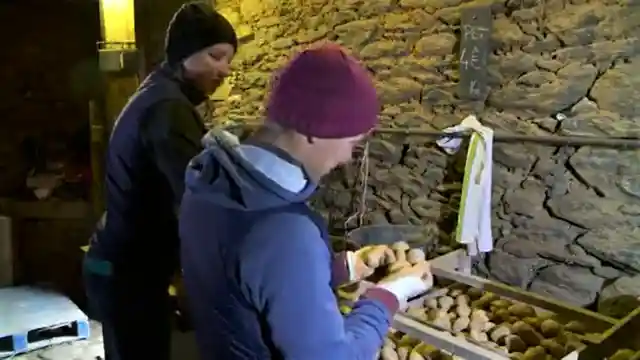
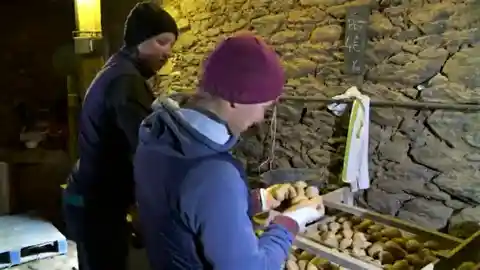
However, they did have a number to call for situations like this. When called, a helicopter would come to the rescue, and either solve the problem with the medical personnel and supplies or fly 20 minutes to the nearest emergency center.
Thriving not Surviving
Although the couple suffered from many setbacks and hardships, they still feel that they thrived on the island.
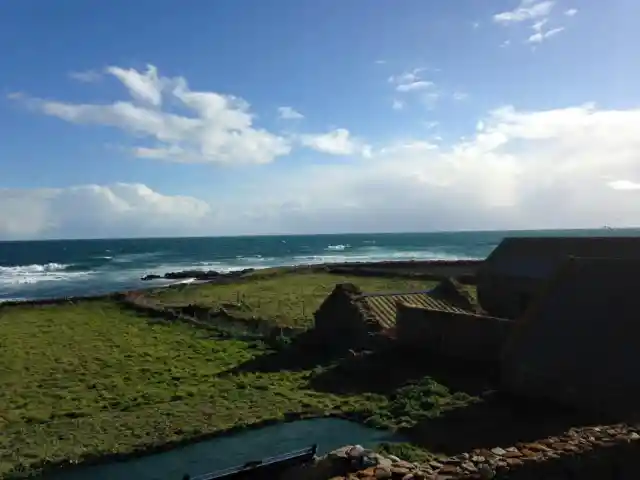
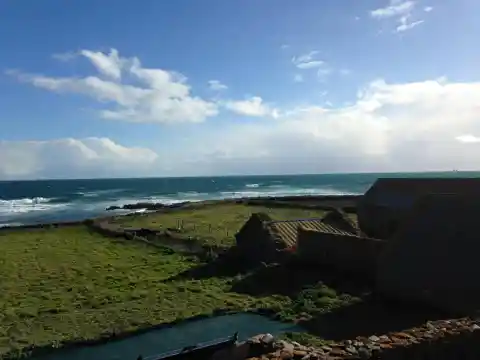
They made many changes to the landscape, including eradicating the thorn bushes and ferns that were taking over the island.
Creating a Family
The couple also started a family during their time on the island, having two children. They focus on harvesting potatoes, seaweed, and grow organic cereals.
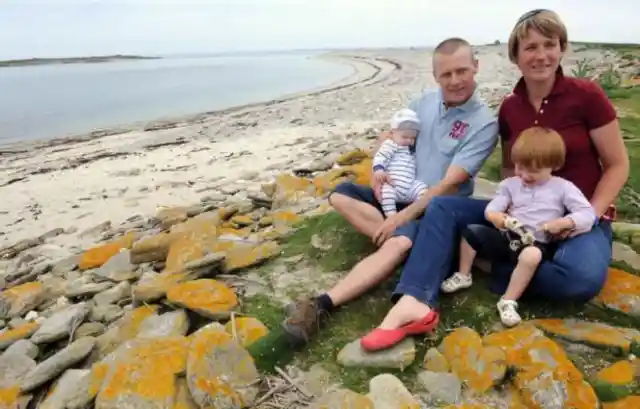
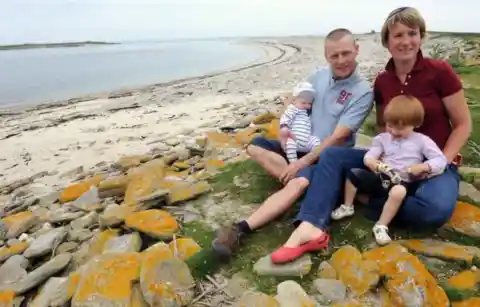
During their time on the island, they also raised livestock and created an environment where other people interested in life on the island could come and experience it first hand.
Guest House
Among everything else the couple managed to produce on the island, they were able to create a guest house where people could come and pay for a first-hand experience.
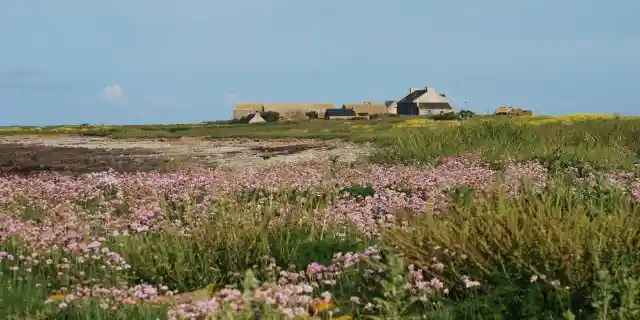
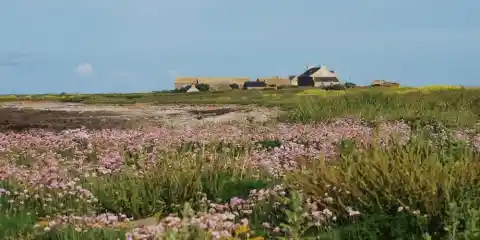
The guest house experience added to the profitability of the farm, helping them successfully meet all the requirements enforced by the Coastal Protection Agency.
Fusing Environment and Profitability
Many of the islands near Quéménès are nature reserves and prized for their luscious and diverse ecosystems. Soizic told BBC that their goal was to create, “a successful business with the environment.”
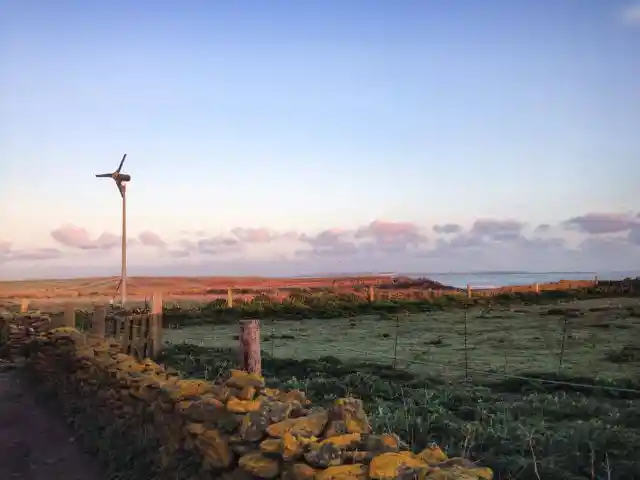
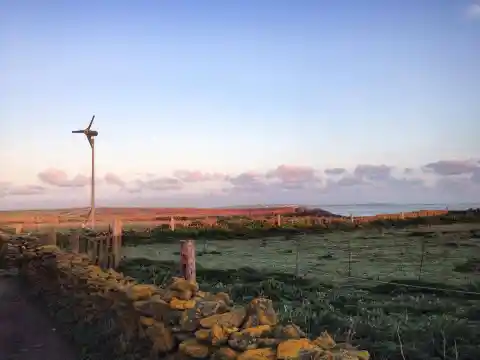
They were extremely environmentally friendly, using no synthetic pesticides or fertilizers. They also harvested all their energy via wind turbines and solar panels, creating an eco-friendly farm.
Fresh Water
All of the fresh water on the island is produced via rainwater and a well. To conserve the precious water, the toilets use saw dust versus water.
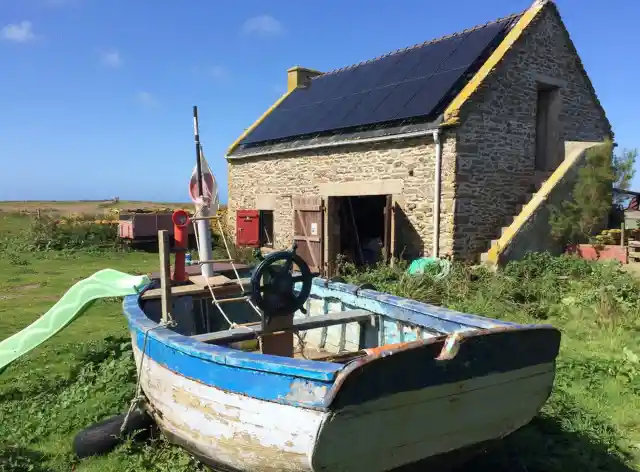
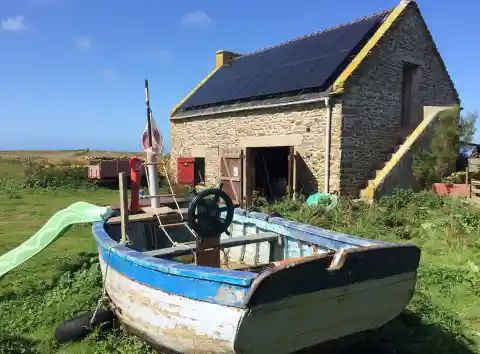
To clean all wastewater, they use a process called phytoremediation, using vegetation to pull out any impurities, minimizing pollution.
Never Lonely
The family never felt lonely even though they were located on a once deserted island. They told BBC, “The fact is we live in modern times.
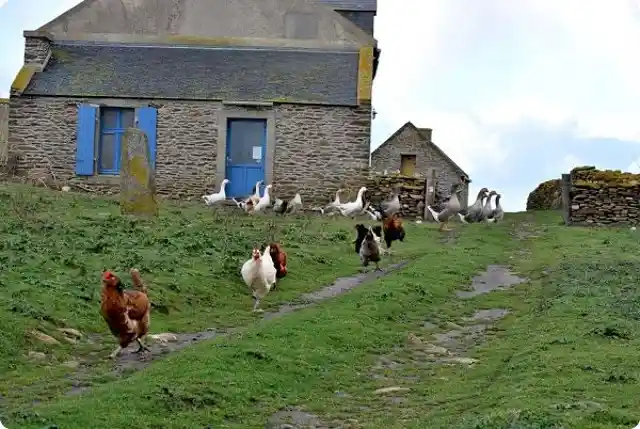
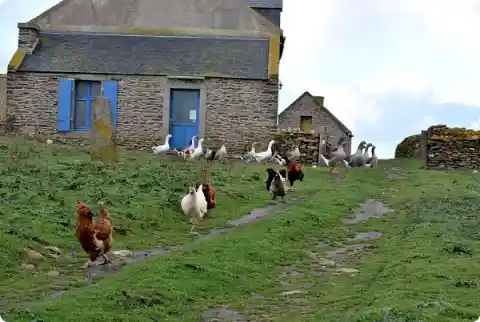
From the farm, we can see the mainland and the other inhabited islands. We have the internet. We have constant visitors. Never once have we felt alone!”
The Time Has Come
The time has come to leave the island as their children have come of age to now need schooling. The couple has also been in disagreement with the Coastal Protection Agency, and they feel that it is time to move on, “We work, we live, we are happy with what we do, but we do not want to fight,” said Soizic.
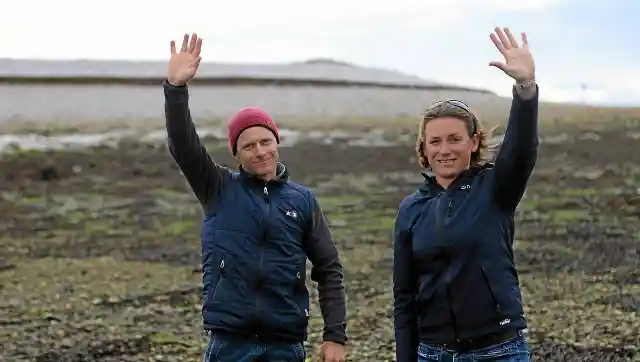
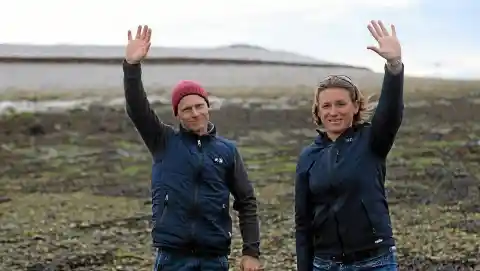
In due time, another family will take over what the Cuisnier’s have started, bringing life back into the island.
Using Their New Skills
The couple plans to take the skills they have learned harvesting seaweed onto their next adventures.
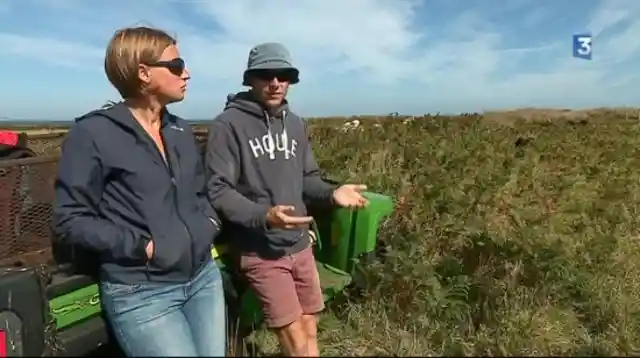
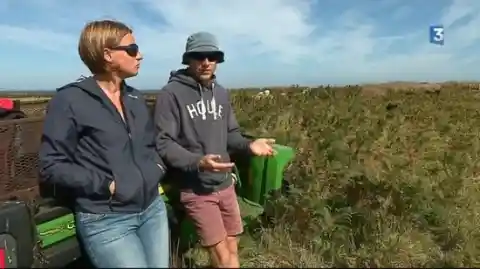
“We’ve given our time and energy to Quéménès for ten years. We want to think a little about us today,” they told BBC. Although they’re ready to move on, it will be an emotional experience.
Emotional Experience
“These ten years of our lives have been amazing,” Soizic explained to a BBC interviewer, “But if we’ve decided to go, it’s because we have new plans. So yes it’ll be emotional; it’s a chapter of our lives ending. But not sad.”
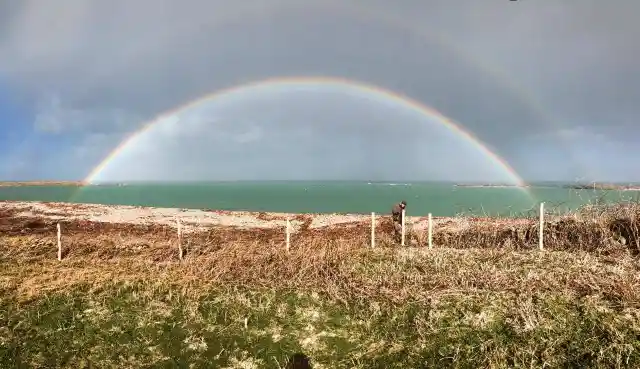
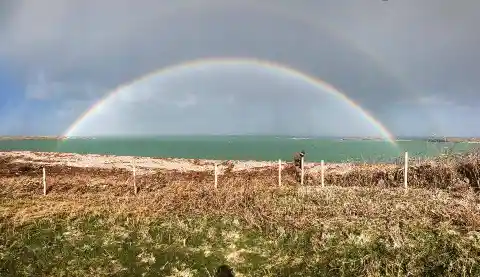
Whatever they end up doing on their next adventure, they know they will remember this chapter forever.